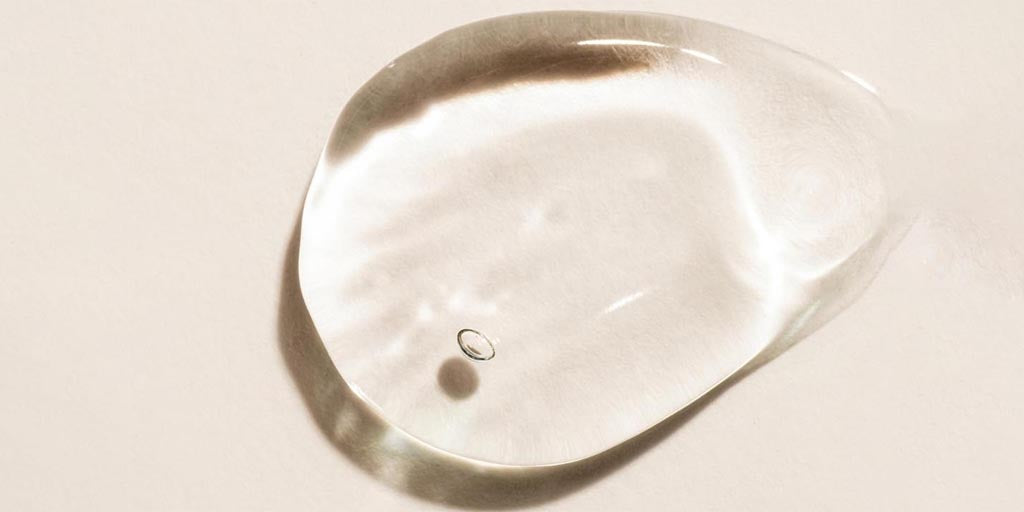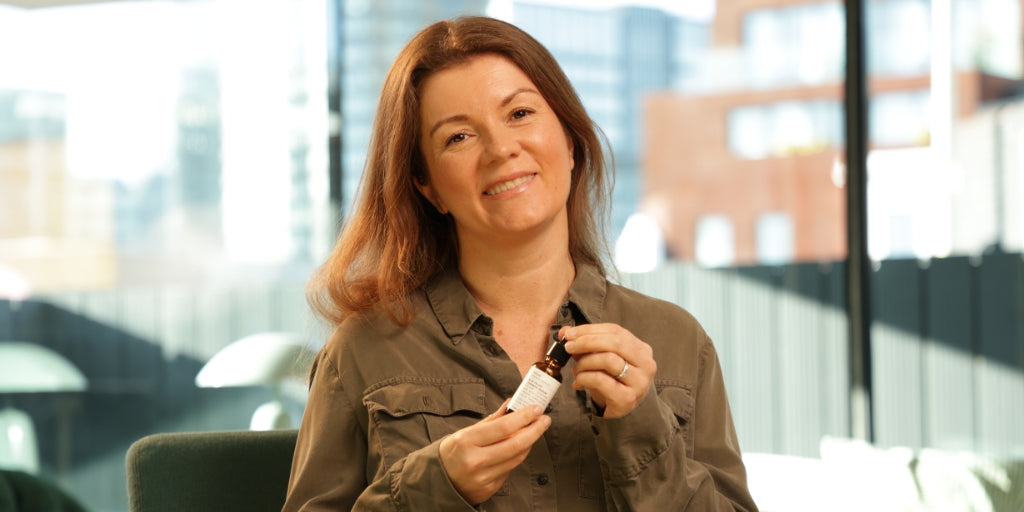Vitamin supplements can so often feel like a minefield, with seemingly endless products lining our health store aisles and all for different things. If you’ve found yourself feeling overwhelmed, you’re certainly not alone. However, it is true that many people’s health concerns could be improved with vitamins – if only they knew how to use them properly.
With the help of award-winning book, The Vitamin Solution, by Drs Romy Block and Arielle Levitan, we have rounded up a no-nonsense guide to getting the most from your vitamin supplements. Below we cover why vitamin supplements are so useful, what benefits they can bring and in what amounts you can use them properly, so that you can assess whether you need them and/or how to safely incorporate these into a balanced lifestyle to improve your overall health.
What: what are vitamins?
Most of us have heard of vitamins and minerals, but do you know the difference? In brief, both vitamins and minerals are chemical substances responsible for the healthy functioning of the body, but whereas vitamins are organic substances (made by plants and animals), minerals are inorganic elements that come from the soil and water and are absorbed by plants or eaten by animals.

Vitamins are often accompanied by a letter – for example, vitamin C, D and E – whereas minerals have names like calcium, copper, iodine, magnesium, selenium and zinc. Vitamins are also much more easily broken down than minerals, which is why we need to replenish them more frequently through our diets.
Who: do I need to take vitamin supplements?
Professional athletes take vitamins to balance their diet and reach optimal levels of physical performance. But do the rest of us really need vitamin supplements?
The short answer is that while vitamin regimens should be assessed on a case-by-case basis, we could probably all benefit from one vitamin or another. This is because no matter how healthily you eat, achieving the perfect balance of vitamins through diet alone is nearly impossible, and some nutrients are hard to come by. For example, vitamin D3 is important for bone health but only exists readily in oily fish such as wild salmon.
Some scientists have expressed doubts about the efficacy of vitamin supplements, due to scientific studies’ inability to provide definitive results. On the other hand, there are researchers who argue that the problem isn’t with the vitamins, but rather the science behind these studies. They suggest that these studies often fail to show conclusive results due to participants not taking continued doses of the vitamins for long enough periods.

Another important contributing factor is that the effects of vitamin supplements are highly dependent on the individual – for example, things like how active your lifestyle is, your weight and age, time spent indoors and your diet. This means that every participant in a study could spend years taking the same vitamin but would be unlikely to show uniform results, due to the unique make-up of each individual (including the fact that some participants may even be in need of a different supplement!).
Taking everything into consideration then, we can say that despite these disputes, most patients are likely to benefit from a form of vitamin supplementation that suits their lifestyle. This is because almost all of us are missing out on some key nutrients that can easily be supplemented.
Which: which vitamins are useful for my health concerns?
Electrolytes
To start with, vitamin supplements are great if you suffer from frequent headaches. One leading cause of headaches is dehydration, which is the result of a lack of water in the body. However, while drinking plenty of water is the main way to stay hydrated, your body also needs plenty of electrolytes (a combination of complex vitamins and minerals).

These electrolytes are key because they’re the charged particles that actually hold on to the water that enters your body. Without them, no matter how much water you drink, it will just be urinated out and you’ll remain dehydrated. So, if you experience a lot of headaches, make sure you get enough electrolytes like magnesium, sodium and potassium, which are found in mineral waters, sports drinks or tablet supplements.
The same applies for dehydration-induced hangovers, where taking a combination of vitamin B1, magnesium and folic acid can provide relief by settling in on some of your brain receptors and protecting them from the harmful effects of the alcohol in your system.
Vitamin D
Otherwise known as the “Sunshine Vitamin”, vitamin D helps to regulate the amount of calcium and phosphate in the body, which is essential for maintaining healthy bones, teeth and muscles. Produced in response to sunlight on our skin, it may also significantly boost our immune system, but further research is needed in this area.

Unfortunately, due to the changing seasons, many of us do not get enough vitamin D from sunlight in the winter months, so you need to get more from your diet. However, as only few vitamin D-rich foods exist, this can be quite tricky and is where supplements can come in useful for tackling all sorts of problems. This includes weak bones and joints, muscle fatigue, infections and constipation, as well as seasonal depression.
The recommended daily intake of vitamin D is approximately 10 micrograms, but this will differ according to your biology and lifestyle. The main thing to remember with vitamin D is that everyone is different, so consult a doctor before beginning any regimen, and know that it can take six months to a year for your body to replenish its vitamin D levels because it needs to get stored in the body’s fat – a slow and time-consuming process.
Vitamin B12
Along with lifestyle adjustments to keep the brain active, vitamin B12 is believed to help combat neurological diseases such as dementia, Alzheimer’s and general memory loss. This goes back to a range of studies which have shown that acute B12 deficiencies have been observed in patients suffering from memory or attention deficits, establishing a link between the vitamin and cognitive disorders. Benefits have also been seen in school children and young adults experiencing trouble with concentration and memory focus.

However, while the effectiveness of B12 in combating these neurological issues is clearly established, there is no evidence to suggest that it can improve the functions of an already healthy brain. Therefore, it is important to always speak to your doctor to ensure the most effective course of supplementation for you should you require it.
What about minerals?
Iron
Do you find yourself struggling for energy on the regular? The answer may lie in an iron deficiency.
Your red blood cells use iron to bond with and carry oxygen throughout your body. So, a lack of iron means less oxygen is getting circulated, which leads to your feeling exhausted and lethargic. Other symptoms may include feeling dazed or confused, depression, hair loss and breathlessness.
Women tend to be much more prone to iron deficiency or anaemia due to the loss of iron experienced during their menstrual period, however men may also struggle with this, especially if they follow a vegetarian diet (since red meat is one of our primary sources of iron).

If you think you’re iron deficient, it may be advisable to start taking iron supplements. But it is really important to consult a physician and get the dosage right as too much iron can be dangerous, and a serious overdose can be fatal. All this can be determined by a simple blood test, after which you will know what level of iron is just right for you.
Magnesium
Magnesium is central to the functionality of our cells as it sends signals via the central nervous system to all of our muscles, including our heart, telling them when to contract and release.
Magnesium supplements are great for treating deficiency symptoms such as muscle aches, cramps, osteoporosis and sleep trouble.
Modern diets may be especially prone to such deficiencies due to the effects of the food industry today, which uses pesticides and overworks the soil, resulting in the depletion of mineral content in farming areas. This then results in plants’ lacking full nutritional value and important minerals.
Though magnesium can still be found in many nutritious foods such as bananas, nuts, green vegetables and whole grains, having these foods in your regular diet might not be enough. So, it’s worth considering a magnesium supplement. This is especially true if you are athletic since magnesium supplements accelerate bodily regeneration.

In conclusion, taking vitamin supplements is an easy and effective way to improve your overall health, but it’s important to find the right vitamin for your specific problem and to take the appropriate dosage over the stated amount of time to reap the full benefits.
For more helpful information about these and other key vitamins and minerals, you can check out The Vitamin Solution by Drs Romy Block and Arielle Levitan or speak to your doctor.
You May Also Like:
- The Ultimate Guide To Vitamin D: What Does It Do For Your Body And Skin?
- The Power Of Organic Ingredients
- How You Can Grow A Core Of Calm





